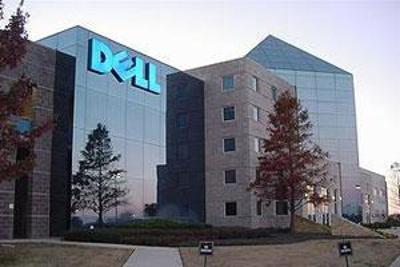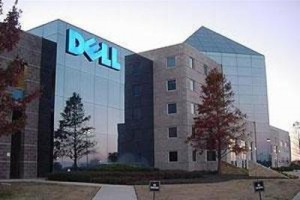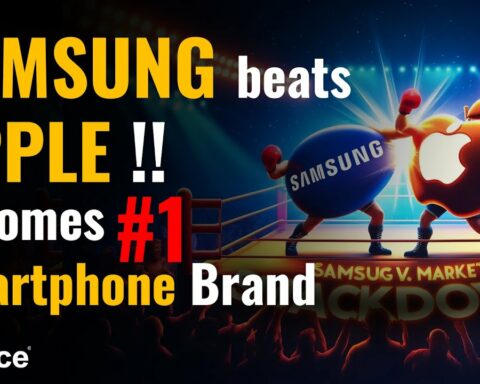2 mins read
Dell May Need To Pay Up On Longer Bonds

Dell hits the screens next week with one of the biggest
“Interest in the tech space for 5, 7, 10-year is decent, but if you start talking about 30-year paper a lot can change,” one investor told IFR.
But while investors clearly view the credit with approval, some are more than a little wary of the expected US$50bn-plus debt load of the newly merged company.
Tags:
- Acer
- Acer India
- Apple india
- buy dell
- customise dell laptop online
- Dell Computers
- dell customize laptop
- dell drivers
- dell home
- dell in india
- dell in india wiki
- dell india drivers
- dell india support
- dell laptop official website
- dell laptops
- dell laptops official site
- dell support
- dell wiki
- HP India
- laptop prices of dell in india with configuration
- lenovo
- Lenovo India
- Sony India








